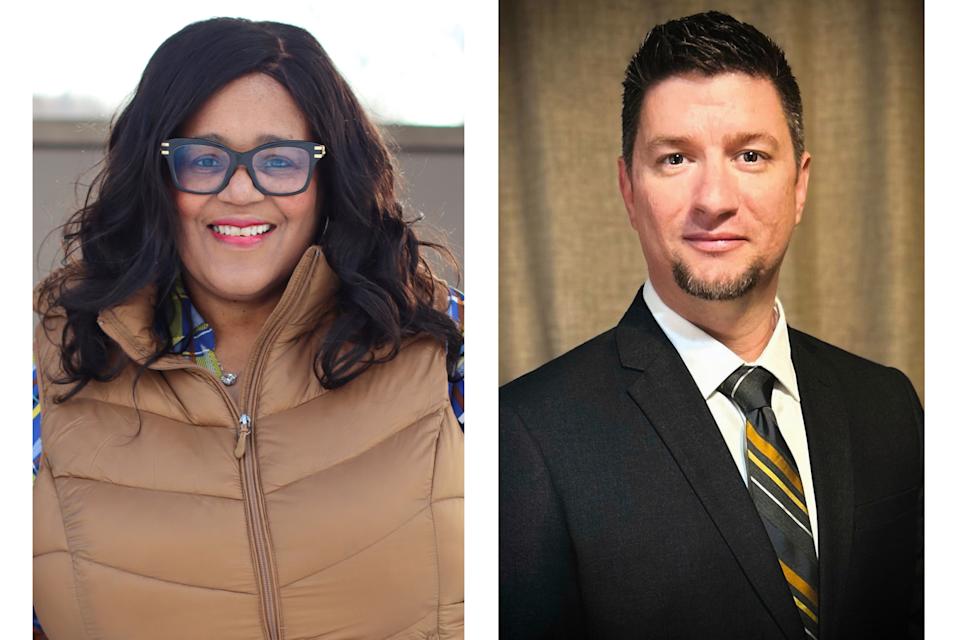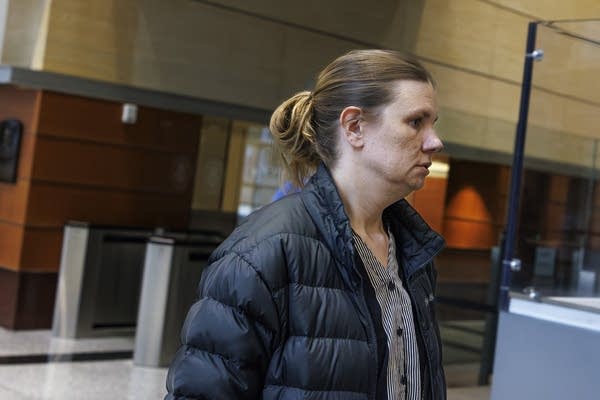Opinion
Trump presides over America’s coming-apart
Max Burns, opinion contributor
Wed, December 31, 2025 at 4:00 PM GMT+2·4 min read
The Trump administration has given us precious little to be thankful for this year. As 2025 draws to a close, history will remember it as a year scarred by the chaos of a White House that seemed intent on breaking the back of our democracy once and for all. It’s a psychologically exhausting time for the millions already coping with a sagging job market and rising consumer prices.
A year-in-review posted by Mediaite lists dozens upon dozens of Trump’s scandals, crises and abuses while still failing to capture the full scope of incompetence and malice that defines this administration. Millions from all walks of life spent the year grappling with political earthquakes brought on by a nonfunctional and increasingly irrelevant Congress, a Supreme Court complicit in Trump’s radicalization of ICE, and a historic, tariff-driven wave of small business bankruptcies. As Mediaite discovered in its own attempt to catalogue the damage, the aftershocks are simply too numerous to count.
On the eve of America’s 250th birthday, what should be a celebration of enduring freedom feels in many ways like a looming funeral. 2025 saw the shredding of America’s social fabric to the point that Democrats and Republicans now seem to inhabit two mutually exclusive realities. ‘One nation under God’ has quickly become many nations under grievance.
A Pew Research Center survey published this month shows just how far things have fallen in the opening decades of the 21st century. Back in 2001, 54 percent of Americans reported trusting the federal government, a slight increase from the 47 percent who felt that way in the 1980s. Now, public trust in government is scraping historic lows across every metric: As of 2025, only 17 percent of Americans believe that what their government is telling them is true.
That doubt goes far beyond just factually impaired politicians like Trump, too. As PBS News reported in October, fewer and fewer people trust government inflation numbers or jobs reports — thanks in large part to Trump’s constant demands that labor and economic statistics serve his political interests instead of reflecting objective reality. Public officials who were unwilling to fudge their numbers in order to make Trump look good quickly found themselves out of their jobs, as ousted Bureau of Labor statistics commissioner Erika McEntarfer discovered in August.
Pew data from September reveals that the collapse of public trust in institutions is widespread. Most Americans now believe the Supreme Court has become too powerful and too unaccountable. Public approval of the nation’s highest court has fallen by nearly 25 percent since 2020, with a majority now viewing the court’s justices unfavorably.
Americans’ record level of distrust isn’t confined to the government. A Gallup poll found that trust in the media hit a new low of 28 percent in the back half of the year, with more than one-third of respondents saying they didn’t trust the news “at all.” Voting-age Americans now get their news from a larger number of sources than ever, from social media outlets like TikTok and X to YouTube influencers and, occasionally, even legacy news outlets like the New York Times. Yet poll after poll suggests they are unlikely to trust any news except that which confirms their pre-existing political beliefs, which makes compromise — and even reasoned political discussion — all but impossible.
Most Americans don’t even trust their own neighbors or family members anymore. Nearly half of Americans now think members of the opposing political party are “evil.” Political polarization has increased so dramatically that both sides now routinely label their opponents as threats to democracy itself. Things have grown so tense that one in five American households report experiencing family estrangement due to political disagreements. Our families are quite literally collapsing from the weight of our all-consuming political and social hatreds.
If it feels like things are falling apart in America, it’s because they are. Our institutions, our media, even our families are falling victim to the toxicity of a culture in which politics now consumes every aspect of our lives and finds itself amplified by a president who wields divisiveness like an artist uses a paintbrush.
That will only get worse as our nation careens into what is certain to be a brutal 2026 midterm election campaign. America may still be here, but we mark its 250th birthday anything but united.
Max Burns is a veteran Democratic strategist and founder of Third Degree Strategies.





















